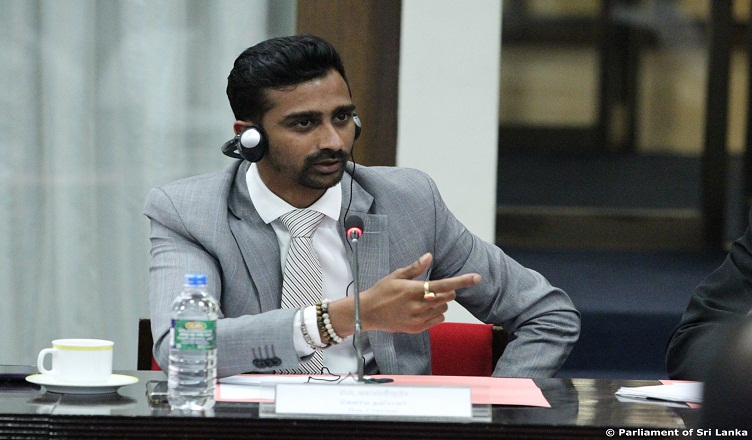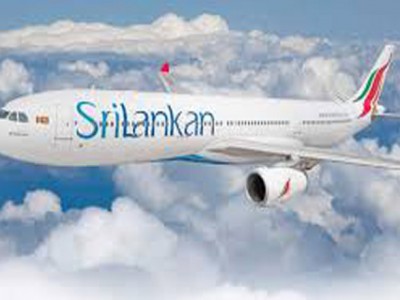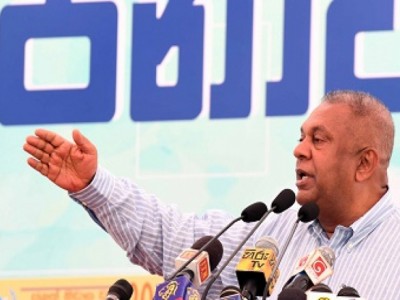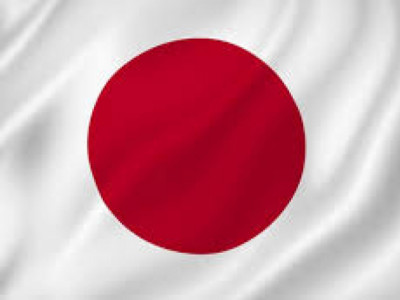(LANKAPUVATH | COLOMBO) – The Ministerial Consultative Committee on Water Supply and Estate Infrastructure Development took into discussion the water tariff increase, aimed at ensuring the sustainability of Sri Lanka’s water supply and safeguarding access to clean drinking water for all Sri Lankans.
This was taken into discussion at the Ministerial Consultative Committee on Water Supply and Estate Infrastructure Development held yesterday (19) in Parliament Chaired by Hon. Jeevan Thondaman, Minister of Water Supply and Estate Infrastructure Development.
Following the Cabinet of Ministers approval for the said, the Minister stated that this decision, comes after careful consideration and extensive discussions, as it is necessary to address the pressing challenges faced by the National Water Supply & Drainage Board (NWSDB) and to maintain the quality of water services. The Minister stated this in response to inquiries raised by Members of Parliament.
Moreover, Hon. Jeevan Thondaman stated that the water tariff increase is driven by several factors that have placed immense strain on the finances of the NWSDB including the recent increase in electricity tariffs in January this year, which constitute a significant portion of the cost of water production, resulting in monthly losses amounting to Rs. 500 million.
Additionally, the burden of debt (due to past capital expenditure to expand water infrastructure), exacerbated by currency depreciation and interest rate hikes, together with the exponential increase in the cost of raw materials required to treat water, has led to further monthly losses of nearly Rs. 2.8 billion.
Accordingly, the Minister explained that without the tariff increase, the NWSDB will suffer an annual loss of Rs. 34 billion, placing its financial sustainability at risk and hindering its ability to deliver reliable and safe water services to the nation.
The Minister further stated that in line with the Sri Lankan Government’s commitment to the Asian Development Bank (ADB) and the pursuit of sustainable development, a new water tariff formula and policy will soon be introduced. Furthermore, though the tariff increase may raise concerns in a country already grappling with economic hardships, the Minister stated that it is important for the long-term viability of the nation’s water sector.
The Minister further elaborating on the above, stated that the Ministry is committed to protecting the most vulnerable members of our society.
Accordingly, Samurdhi and Tenement consumers, representing the lowest socioeconomic backgrounds, will not see any tariff increases and will therefore continue to receive the necessary subsidies, alleviating any additional financial burden. Thus, the proposed tariff increase includes provisions to subsidize low water consumers, schools, hospitals and religious establishments aiming to support those who consume less water, come from economically disadvantaged backgrounds and provide essential social services. The monthly water bills of low water consumers will remain below Rs. 1000 (Rs. 33 a day), the Minister said.
The Ministerial Consultative Committee on Water Supply and Estate Infrastructure Development also took into discussion various concerns pertaining to the water supply in different areas of the country. The Minister directed the relevant authorities and officials present to look into the concerns raise with immediate effect.




